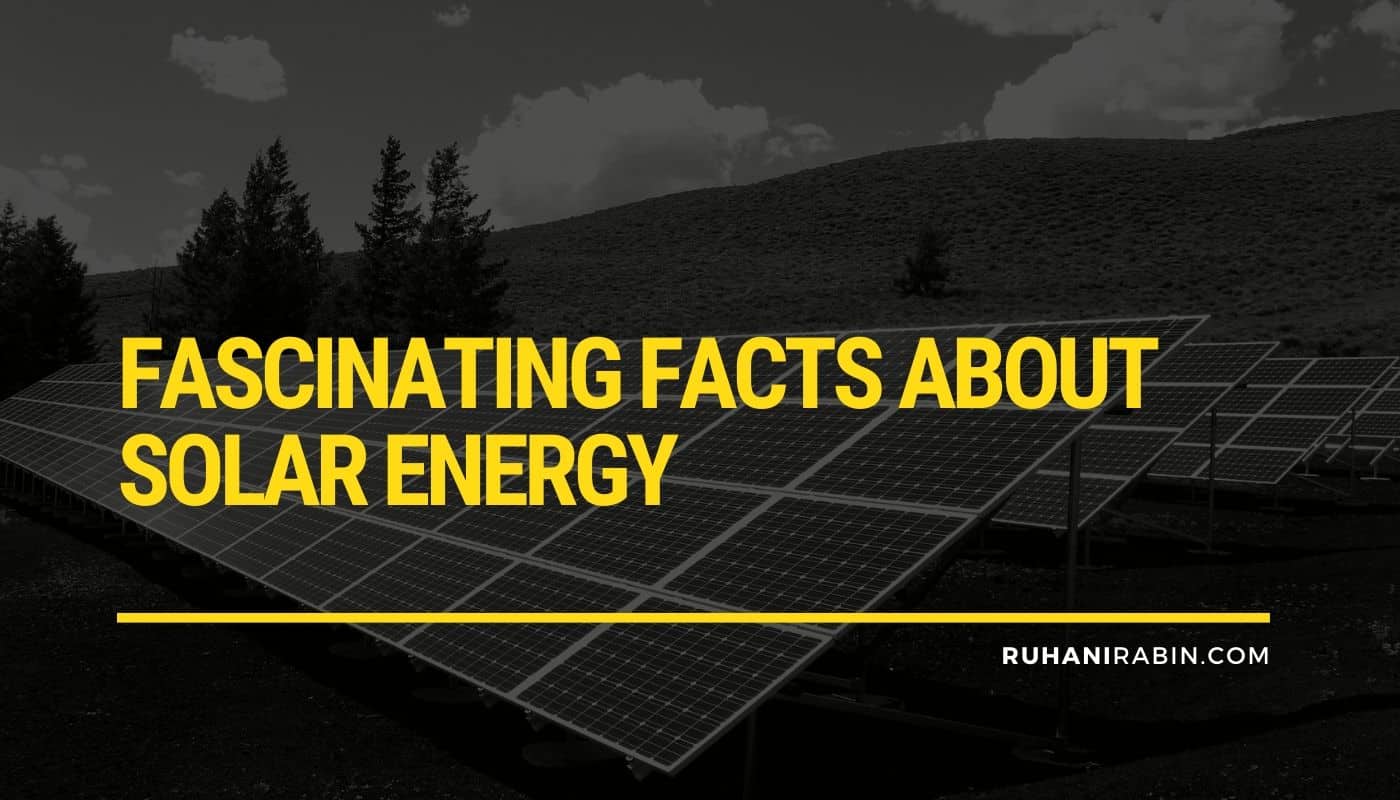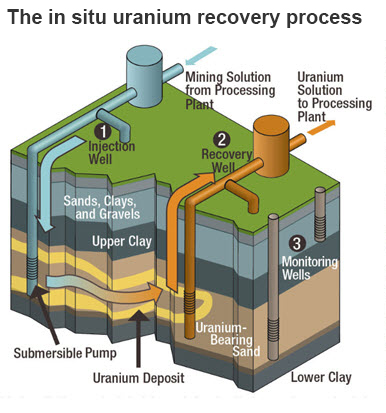
Nevada's solar energy regulations are important. Nevada offers a state-run rebate program. This can either give you a lump sum or a percentage of your installed cost. To receive the rebate you will need some paperwork. However, many solar contractors will take care of it. These matters should be handled by an experienced solar installer.
Net metering
Net metering, in Nevada, is the process by which clean electricity generated from solar systems is transferred to your utility company and credited on your electric bill. This program is available to home and business owners since 1997. It allows them to store excess electricity and send it back to their utility company for a credit. With enough solar power, this program can offset most of your electric bill and save you thousands of dollars.
Nevada law requires net metering. Your local utility company should offer it. This compensation is at minimum 75 percent of retail rates and decreases as customers install more solar. The payback time for solar installation in Nevada can take up to 16 years. However, the rate will decrease as more customers go solar.
Community-based solar projects
Community-based solar projects in Nevada are a promising way to make solar energy more accessible to residents. The cost to install solar panels on a roof is currently between $10,000 and $15,000. Nevadans can't afford to spend that much on solar panels for their roofs, particularly low-income residents who usually rent and don’t have rooftop space to put them up. So the state is investigating incentives to make it more affordable.

One such project is the Valley Electric Association's 15-megawatt project in Pahrump. The project will be free to members of the cooperative and should be up and running by July 2016. VEA is collaborating with MDU Resources Group, a Nevada company that is responsible for the long-haul power purchase agreement. VEA members will be able use this renewable power for their homes or businesses at a much lower cost than the traditional electric companies.
Tax credits
Nevada offers a variety of tax credits to solar and renewable energy. DSIRE, the best website to learn about these credits, is where you can find them. The N.C. Clean Energy Technology Center at N.C State University runs the website and it is a valuable resource. You can also sell excess power back to your utility through the state's program.
The state has a strong, renewable portfolio standard (RPS), which obliges utilities to use more renewable energy. They must also purchase renewable energy from customers. Many utilities offer solar incentives, solar carve outs and other ways to meet their obligations.
Legality
Nevada's recent law has made solar power legal. According to the law, rooftop solar system owners can sell excess electricity back to their utility. The rate is currently 95% of retail. However the price will fall as more rooftop solar system are installed. Additionally, the legislation provides new homeowner protections. The net metering rate, for example, will be guaranteed for twenty years.
But net metering has its drawbacks. Utility companies don’t like net meters, which allow solar customers to make excess electricity and sell it to the utility at retail rate. Because utilities get some of their money, it is necessary to maintain the electric system. The state's utilities claim that solar customers don’t have to pay their fair share.

Costs
Nevada solar leases are a great option for those who don't want to spend a lot upfront but wish to make savings over the life of their panels. A Nevada solar lease usually has a payback time of between eight and fourteen years. This payback period is calculated using a simple payback formula, which divides the cost of power by the annual electricity output. It takes a year of electricity savings to equal the cost of power at today's prices, so it's important to make sure that you calculate the costs of solar leasing in Nevada carefully.
Federal Investment Tax Credit, also known as the Federal Investment Tax Credit (FITC), is a tax credit you can use to offset costs associated with installing solar panels. This credit is available up to 30% of the price of solar panels. However, it can only be used if you are installing a 10-kW system. For residential solar installations that are under 25 kW, NV Energy's Renewable Generations Rebate Program can help you lower your costs even further. When you install a solar panels system, you can receive up to $13,500 worth of rebates.